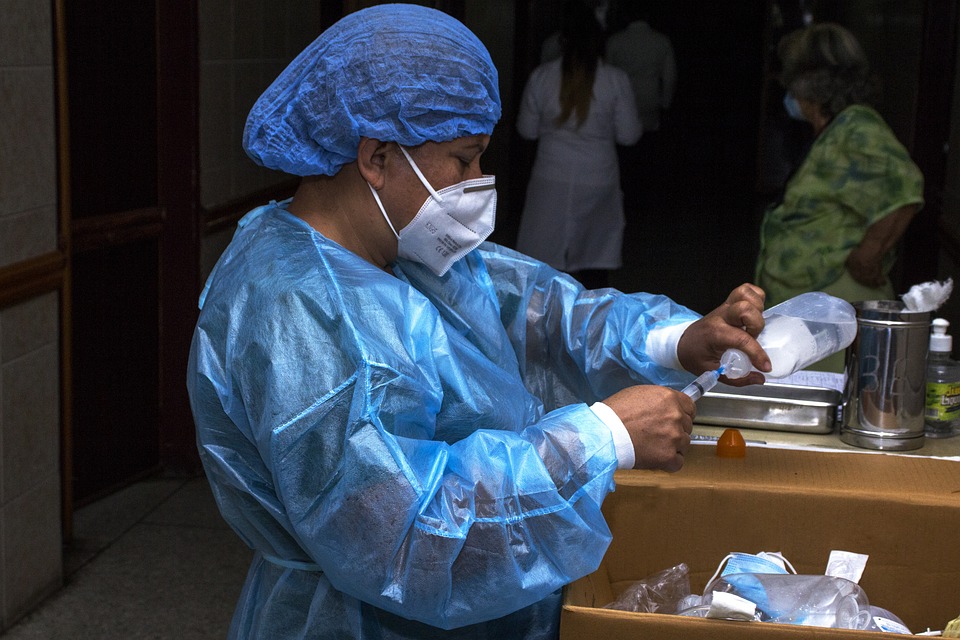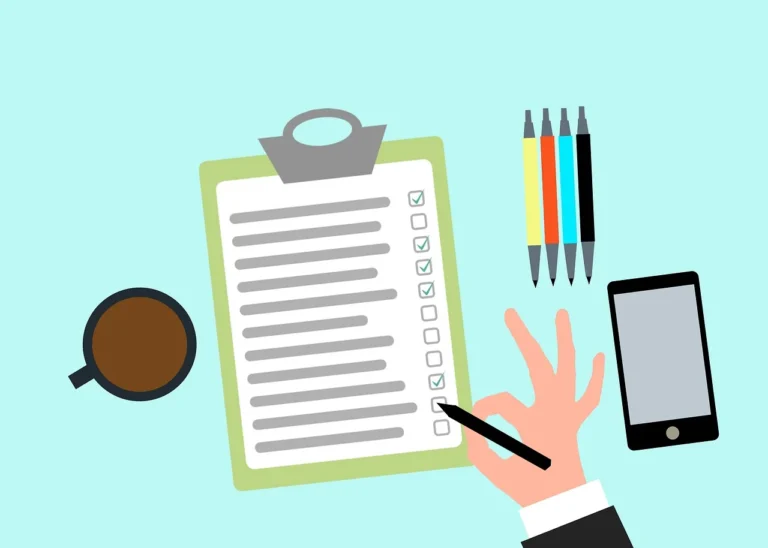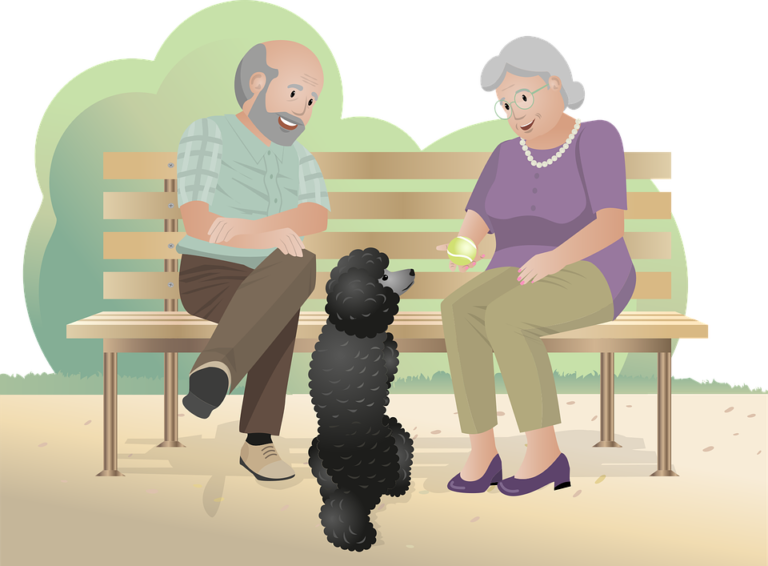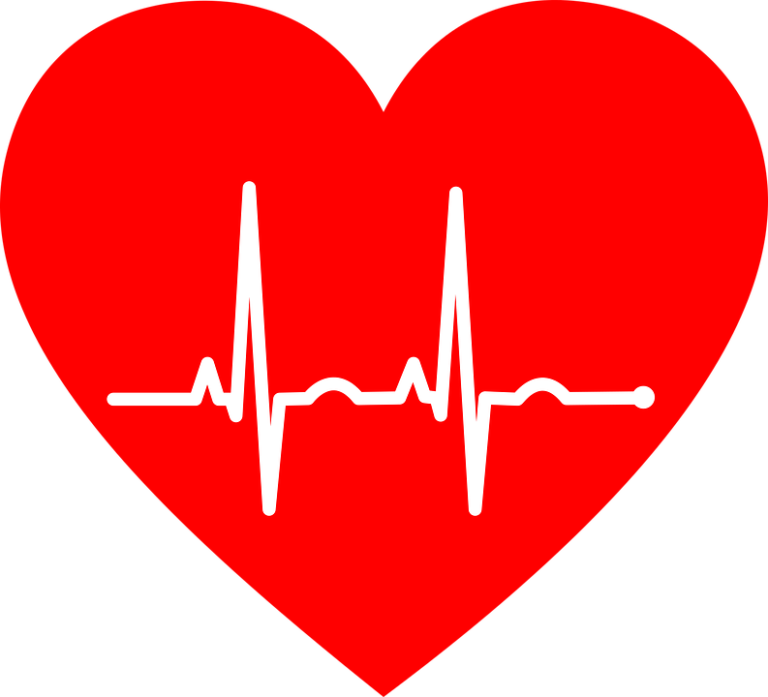Book Appointment Now

Responsibilities of the First Response Nurse in Public Health Nursing
In the field of public health, first response nurses play a critical role in providing immediate care during emergencies and disasters. The responsibilities of the first response nurse encompass not only clinical duties but also coordination, communication, and crisis management. These nurses are often the first healthcare professionals on the scene, making quick and informed decisions to save lives and prevent further injury. In this article, we will discuss the key responsibilities that define the role of first response nurses within public health nursing.
Get a custom nursing essay with first response nurse roles assignment? ![]()
The Role of the First Response Nurse in Public Health
First response nurses are specially trained to handle high-pressure situations such as natural disasters, mass casualties, and public health crises. Their ability to provide immediate care is vital to stabilizing patients and facilitating a more organized response to emergencies.
First Response Nurse Duties: Providing Immediate Medical Care
The primary duty of a first response nurse is to provide life-saving medical care in the initial moments of an emergency. This involves:
- Performing triage to prioritize patients based on the severity of their injuries. Read also: Triage: who Goes First
- Administering emergency treatment, such as wound care, CPR, or the use of defibrillators
- Assisting in the transport of critically injured patients to hospitals or trauma centers
Public health nurses in these roles must be skilled in handling various medical conditions and injuries, often in less-than-ideal conditions.
Key Responsibilities of the First Response Nurse
First response nurses must be prepared to handle a wide range of responsibilities beyond clinical care. Here are some of the most important tasks they must manage:
Nursing Triage in Emergencies: Assessing and Prioritizing Patients
One of the essential responsibilities of the first response nurse is conducting triage. This process involves rapidly assessing patients to determine the urgency of their medical needs and deciding the order in which they will receive treatment. Nurses use specific triage protocols to guide these decisions, ensuring that limited resources are used effectively in large-scale emergencies.
Crisis Communication and Coordination
In emergency situations, clear and effective communication is vital. First response nurses often act as intermediaries between healthcare teams, emergency medical technicians (EMTs), and public health officials. They are responsible for:
- Coordinating with paramedics and other first responders
- Communicating patient status to hospital teams
- Relaying critical public health information to local authorities
This coordination ensures that resources are properly allocated and that all relevant parties are kept informed of the situation’s development.
Training and Preparation for First Response Nursing Protocols
First response nurses must undergo extensive training to ensure they are prepared for a wide variety of emergency scenarios. This training often includes:
- Disaster preparedness drills
- Advanced cardiac life support (ACLS) certification
- Mass casualty incident training
By mastering first response nursing protocols, these nurses can quickly adapt to different emergency situations and provide the best possible care under pressure.
The Critical Responsibilities of the First Response Nurse
The responsibilities of the first response nurse extend far beyond basic clinical care. These nurses are crucial in managing emergency situations, from performing triage and providing immediate medical care to coordinating with other healthcare and emergency teams. Their role in public health nursing ensures that communities are better equipped to handle emergencies, ultimately saving lives and minimizing long-term health impacts.







